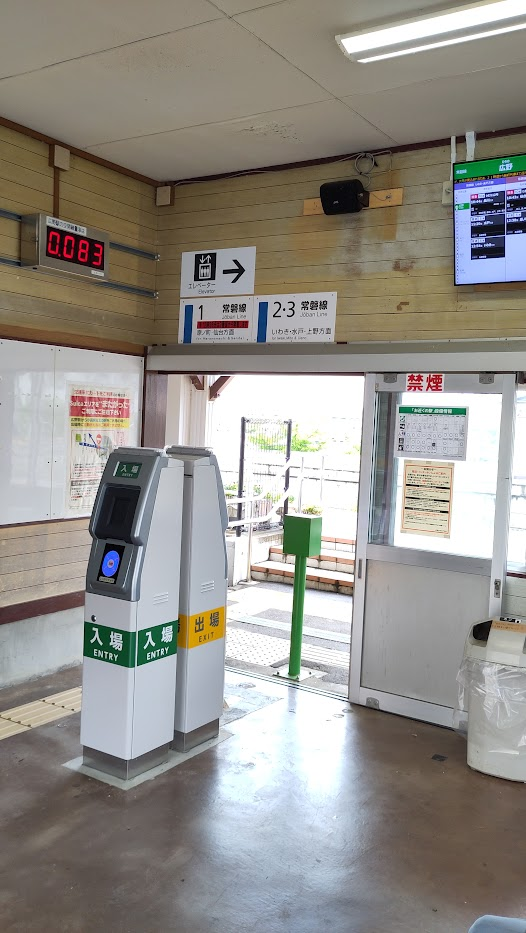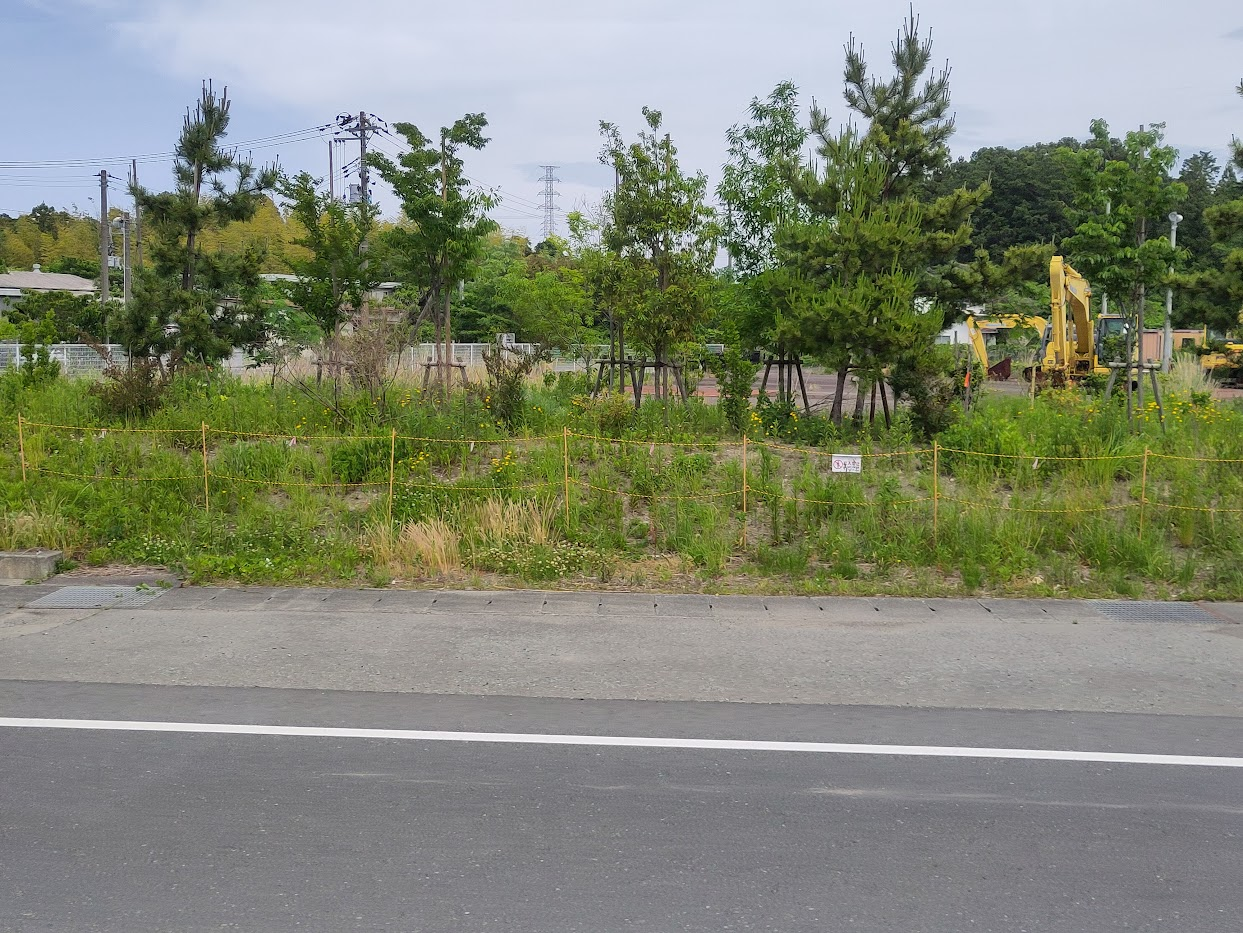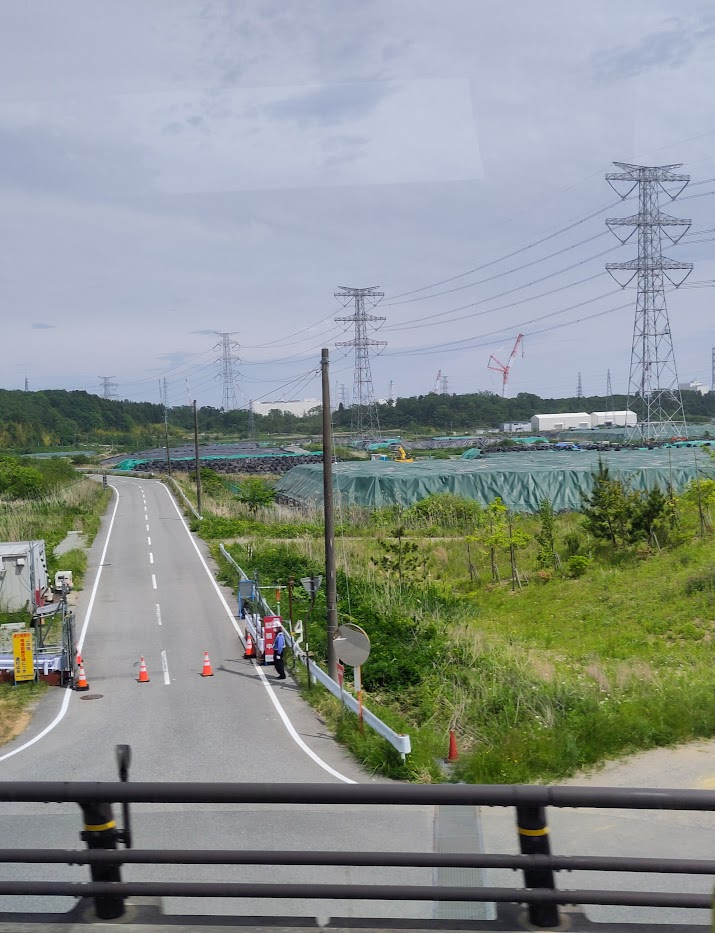Before or after the tsunami ? Did you used a dosimeter ? Not a geiger an actual dosimeter ? What are the dose rate in the area. How much did the nature came back in the aera ?
France
La France et les Français
Nous rejoindre sur Matrix: https://matrix.to/#/#jlai.lu:matrix.org
FAQ, guides et ressources :
Discussions:
Actualité internationale
Loisirs:
- !bonnebouffe@jlai.lu
- !cineseries@jlai.lu
- !cyclisme@sh.itjust.works
- !espace@lemmy.world
- !imaginaire@jlai.lu
- !jardin@lemmy.world
- !jeuxdesociete@lemmy.world
- !jeuxvideo@jlai.lu
- !livres@jlai.lu
- !microfictions@jlai.lu
- !motardie@jlai.lu
- !sport@jlai.lu
- !technologie@jlai.lu
- !tournesol@jlai.lu
Vie Pratique:
Société:
Villes/Régions
- !bretagne@jlai.lu
- !grenoble@jlai.lu
- !lille@jlai.lu
- !lyon@lemmy.world
- !marseille@jlai.lu
- !nantes@sh.itjust.works
- !orleans@lemmy.world
- !paris@jlai.lu
- !seineetmarne@jlai.lu
- !toulouse@jlai.lu
Pays:
Humour:
Fedivers:
Règles
-
Multi-lingual community: posts in other language than French are allowed. 🚀
-
Tous les francophones sont bienvenus. 🐌
-
Remember the human : pas d’insultes, pas d’agressivité, pas de harcèlement entre utilisateurs. 🤖
-
Xénophobie, racisme et autre forme de discrimination sont interdits.🌈
-
Pas de doublon. Pas de spam. Évitez les paywalls autant que possible.☔
-
Utilisez la fonction "Report" pour signaler le contenu contrevenant aux règles.🏴
-
Le contenu doit être en rapport avec la France ou la population française.🇨🇵
Communauté de secours:
Before or after the tsunami ?
It was this week.
Did you used a dosimeter ? Not a geiger an actual dosimeter ?
Yes, we were given dosimeters, I had one for the whole day in the former evacuation zone (20 km radius around the plant) and another for when we stayed in the plant. I actually took notes of the different radiation levels I could see on mine:
- outside the zone: 0.15 μSv/h
- on the road to the plant where the radioactive plume passed: 1.3 μSv/h
- at the security check of the plant: 0.05 μSv/h
- in front of the sea-side where they mix the treated contaminated water: 1.3 μSv/h
- on the observatory spot about 60 m away from unit 1: 66 μSv/h
In total, I took 16.3 μSv during the tour (plant + evacuation zone), which is in the range of a dental X-ray.
They are also pretty transparent about it, there are dosimeters everywhere in the zone at train stations and other public places. See the red counter at a station in my pic below:

How much did the nature came back in the aera ?
The region is generally very pretty and natural (rice fields and woods), there's no specific Chernobyl-style nature come back in the evacuation zone. I think it's because the radioactive contamination was way lower, so they could clean up. They have been pressure washing everything and removing 5-10 cm of topsoil for years. Now most of the zone is reopened for people who want to come back. Some of it is still forbidden, you can see the yellow barriers with a crossed silhouette and bags of soil being removed in my pictures below.


1.3 μSv/h
So living full time here would be around 11.3 mSv/year ? Still within the range of a radiation worker, and still less than the background radiation in Kerala, Interesting
Less than that, 1.3 was a very specific place on the road to the plant where you probably cannot live. In the rest of the reopened zone it was more like 0.05–0.2. I am pretty convinced it's safe, radiation-wise, to live in the reopened parts of the evacuation zone.
Tu y es allé avec des gens de Safecast ou il y a des visites plus officielles maintenant?
Il y a des visites organisées par des guides locaux avec TEPCO, l'opérateur de la centrale, une fois par mois, depuis au moins 2020.
There are visits organized by local guides and TEPCO, the plant operator, once a month, since at least 2020.
Why does the placebo effect work?
